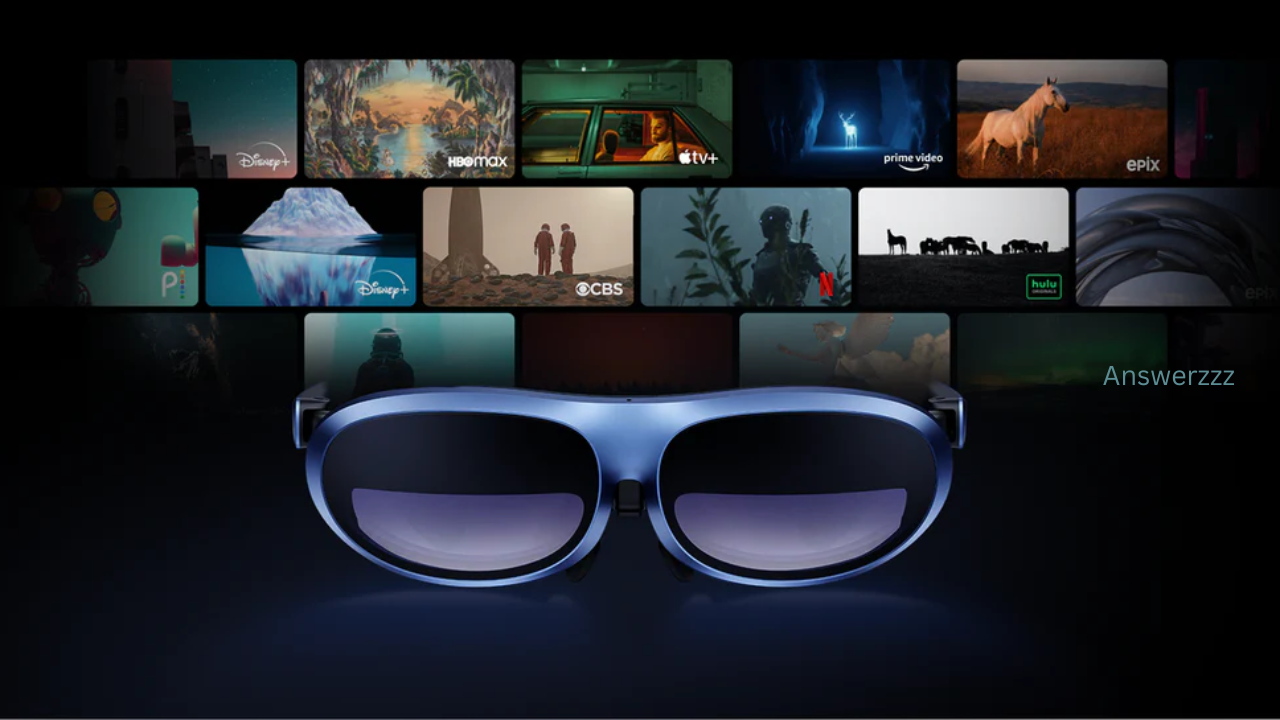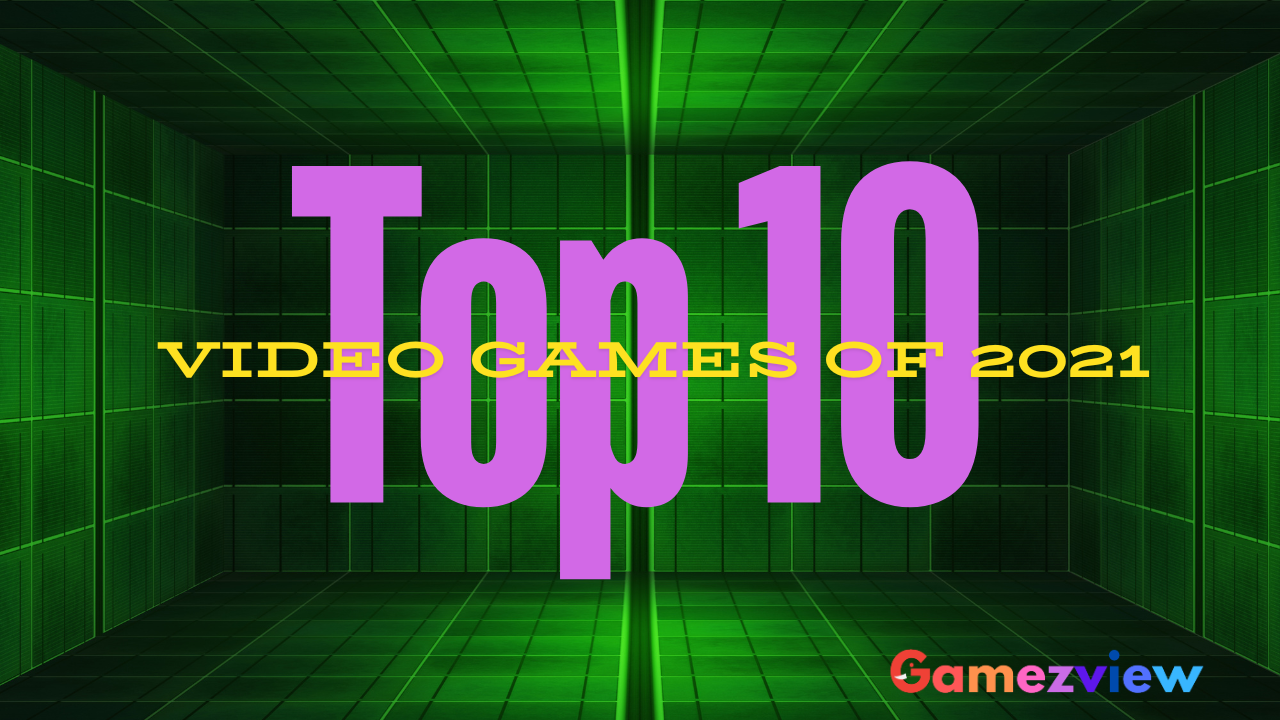The year 2025 is shaping up to be a transformative time for the film industry. With rapid advancements in technology, evolving storytelling techniques, and changing audience expectations, movies in 2025 are poised to usher in a new era. These shifts are not only influencing how films are made but also how they are experienced by audiences worldwide. From AI-driven film production to immersive VR cinema experiences, the landscape of the movie industry is undergoing a dramatic revolution.
This article explores the key changes that are happening in 2025 and their far-reaching implications on the film industry, filmmaking, and audiences.
The Rise of AI and Machine Learning in Filmmaking

One of the most significant technological advancements influencing the film industry in 2025 is the increased use of artificial intelligence (AI) and machine learning. Filmmakers are leveraging these technologies to streamline production processes, improve visual effects, and even generate entire scripts. AI tools can now analyze audience preferences, trends, and feedback in real time, giving studios the ability to fine-tune scripts and marketing strategies for maximum impact.
AI-driven content creation is already changing the way movies are being made. For example, scriptwriting software powered by AI is now capable of generating complex storylines, character arcs, and dialogue based on specific inputs. Filmmakers can input a basic premise or genre, and the AI will generate multiple script drafts, saving significant time in the pre-production process. While this may raise concerns about the loss of human creativity, the reality is that AI is becoming a powerful tool that enhances the creative process, not replaces it.
Furthermore, AI is making waves in the visual effects (VFX) department. The development of hyper-realistic CGI and motion capture technology has allowed for stunning visuals that were once impossible to achieve. In 2025, studios are utilizing AI to automate the rendering of complex VFX sequences, reducing costs and time spent on post-production. With this technology, filmmakers can create visually immersive worlds that captivate audiences in ways that were once reserved for science fiction.
Virtual Reality (VR) and Augmented Reality (AR) Shaping New Cinematic Experiences
Another monumental shift in the film industry in 2025 is the integration of Virtual Reality (VR) and Augmented Reality (AR) technologies. While VR cinema has been around for a few years, its full potential is now being realized. VR offers an immersive storytelling experience by placing the audience directly in the world of the movie. In 2025, filmmakers are no longer constrained by the limitations of traditional screen-based viewing; they can transport viewers into fully realized 3D environments, allowing them to interact with the story in real time.
2025 Film Trends: What’s New and Exciting in the World of Movies?
The difference between conventional cinema and VR cinema is profound. Rather than simply watching a film, audiences become part of the experience. For example, a viewer might be able to explore the set of a film, interact with the characters, or even make decisions that affect the outcome of the story. This interactivity is revolutionizing storytelling, offering a more personalized and immersive cinematic experience.
VR is also being used in conjunction with AR to enhance the viewing experience outside the theatre. Movie studios are developing AR apps that bring scenes or characters to life in real-world environments through the screen of a smartphone or tablet. Imagine walking into a room and seeing characters from your favourite film interact with the space around you. The ability to integrate AR and VR seamlessly into everyday life is shaping a new era of entertainment, where movies no longer exist solely within the confines of a theatre or television screen.
The Era of Interactive and Choose-Your-Own-Adventure Movies
The concept of interactive storytelling has existed for years, but in 2025, it is reaching new heights. Audiences no longer passively consume movies; instead, they are encouraged to actively participate in the narrative. One of the most popular formats emerging in 2025 is the “choose-your-own-adventure” movie, a genre pioneered by films like Bandersnatch from the Black Mirror series. These films allow viewers to make decisions for the characters, guiding the plot in multiple directions and ultimately determining the film’s ending.
In 2025, interactive cinema is no longer a novelty; it is becoming a mainstream genre. Thanks to advancements in streaming platforms, studios can now deliver complex, interactive narratives to audiences at home. Viewers can make decisions on key plot points, from character choices to environmental interactions. This creates a sense of agency that is completely absent from traditional cinema, giving viewers a more involved and personalized experience.
Moreover, advancements in AI are further enriching interactive storytelling. AI systems can adapt the plot in real-time, ensuring that no two viewings are the same. The technology also allows for the creation of intricate branching storylines, where every decision made by the audience has a meaningful impact on the progression of the narrative. This combination of interactivity, branching narratives, and real-time adaptation is changing the way audiences engage with movies.
Streaming Services and the Transformation of Movie Distribution

The rise of streaming services has already transformed the way audiences consume movies, but in 2025, this shift is reaching new levels. More and more films are bypassing traditional theatre releases, opting instead for direct-to-streaming premieres. This change has been accelerated by the pandemic, which forced many studios to release movies on streaming platforms as theatres shut down.
By 2025, streaming services are continuing to dominate the distribution landscape, with platforms like Netflix, Disney+, and Amazon Prime Video investing heavily in original content. Streaming allows filmmakers to reach a global audience with minimal distribution costs, which is especially beneficial for smaller indie films. This democratization of distribution means that more diverse stories, voices, and perspectives can find their way to screens, a trend that has reshaped the film industry in recent years.
Streaming also opens the door for experimental storytelling and unique formats. For example, films in 2025 are embracing shorter runtimes, episodic structures, and non-linear narratives that are well-suited to the binge-watching culture fostered by streaming. The convenience and flexibility of streaming allow filmmakers to experiment with unconventional approaches to storytelling without the pressure of adhering to traditional theatrical release formats.
Hidden Gems of 2025: Underrated Movies You Shouldn’t Overlook
Representation and Inclusivity: A Cultural Shift in Filmmaking
In addition to technological advancements, 2025 movies are marked by a growing emphasis on representation and inclusivity. Hollywood has faced significant criticism over the years for its lack of diversity, both in front of and behind the camera. However, as audiences demand more authentic portrayals of different cultures, backgrounds, and experiences, filmmakers are rising to the challenge.
In 2025, a growing number of movies are being made by diverse teams of filmmakers, featuring multicultural casts, and exploring issues such as racial identity, gender equality, and LGBTQ+ rights. The industry is also seeing an increase in the number of films that tackle global issues, such as climate change, poverty, and social justice, giving rise to socially conscious cinema that resonates with a more engaged and politically aware audience.
Moreover, the increasing use of AI and machine learning is helping to address issues of bias and representation. AI-driven casting tools can analyze demographic data and ensure that films feature diverse and representative casting choices. This, coupled with an increasing demand for more inclusive narratives, is transforming the film industry, making it more reflective of the real world.
Environmental Sustainability in Filmmaking
As awareness of climate change and environmental sustainability grows, the film industry is also becoming more conscious of its environmental impact. In 2025, many studios are taking steps to reduce their carbon footprints by adopting greener practices in production. This includes using sustainable materials on set, reducing energy consumption, and implementing recycling and waste reduction programs.
2025 Movie Review Roundup: From Action to Drama, What’s Worth Watching?
Additionally, digital technologies are reducing the need for physical sets and props. Virtual sets created using CGI and AI are becoming more common, allowing filmmakers to build intricate environments without the waste associated with traditional set construction. By embracing these practices, the industry is slowly shifting towards a more sustainable future, ensuring that the magic of cinema doesn’t come at the expense of the planet.
The Future of Cinema: Blurring the Lines Between Reality and Fiction
As we look ahead to 2025 and beyond, the lines between the real world and the fictional world of movies are increasingly blurred. Immersive experiences, interactivity, and advanced technologies like AI and VR are changing how movies are made and how they are experienced. These innovations promise a future where cinema is no longer confined to a screen, and the audience is not merely an observer but an active participant in the story.
The industry is evolving rapidly, with new technologies and storytelling techniques emerging every day. In 2025, the traditional boundaries of cinema are being pushed, and filmmakers are reimagining what it means to tell a story. Whether it’s through AI-driven narratives, VR immersion, interactive experiences, or more inclusive storytelling, 2025 movies are laying the groundwork for the future of cinema.

As these advancements continue to unfold, it is clear that we are witnessing a cinematic revolution. The future of film is not just about watching movies – it’s about experiencing them in new and exciting ways. The movies of 2025 will change the way we think about storytelling, entertainment, and the very essence of cinema itself.



